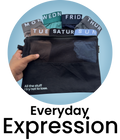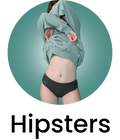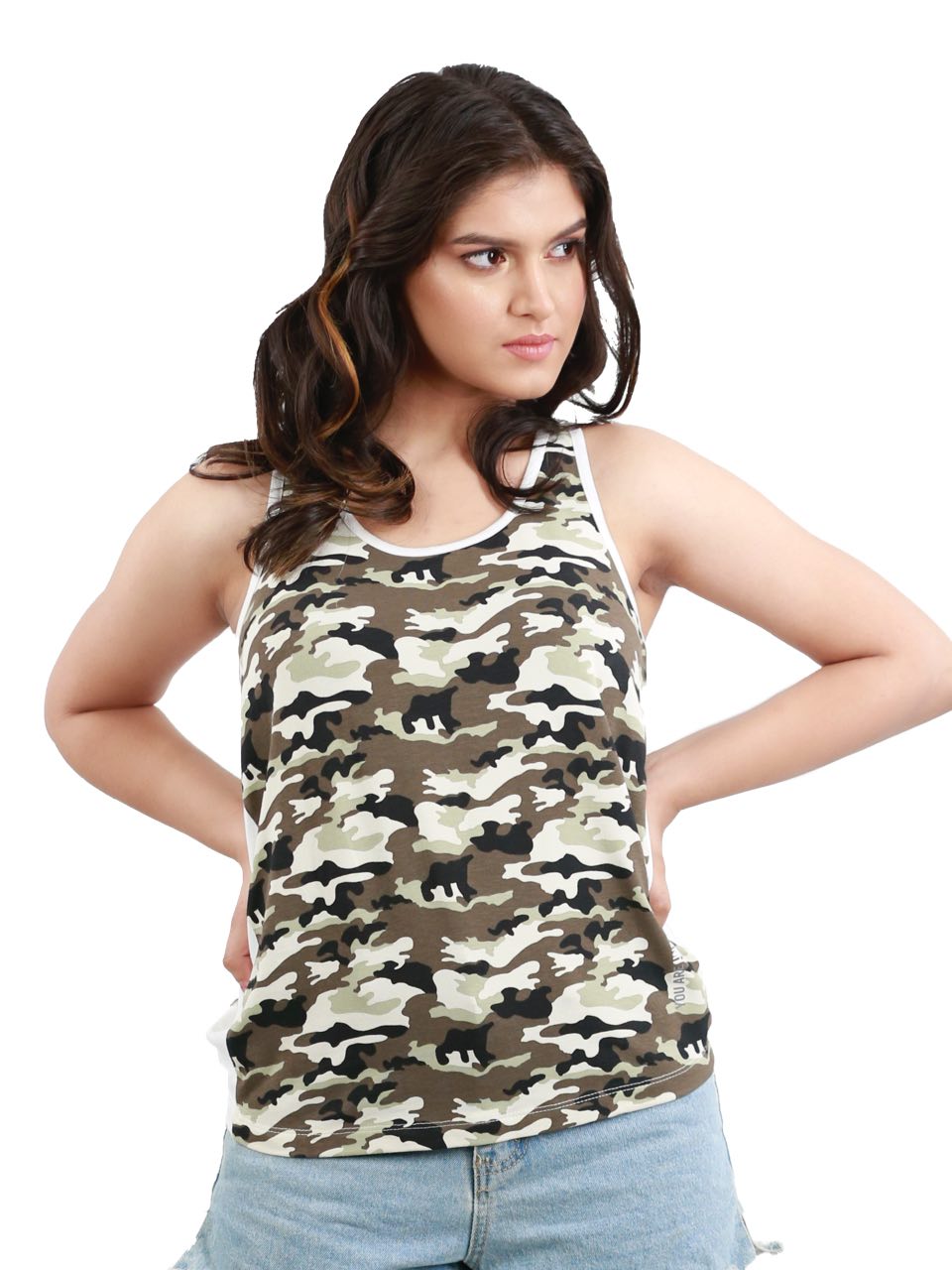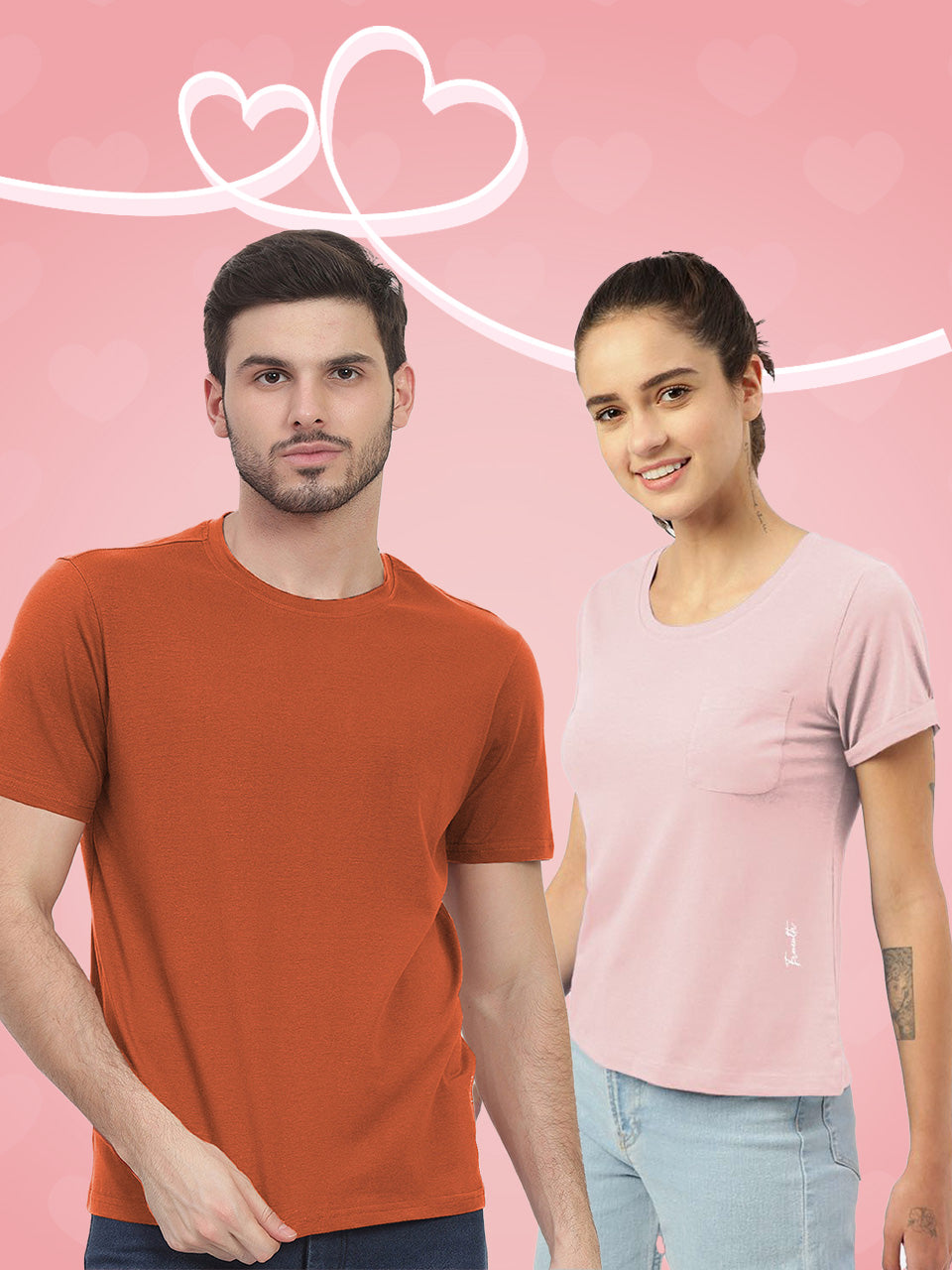In the dynamic landscape of everyday apparel, consumers often grapple with a fundamental choice: invest in time-tested legacy or embrace agile newcomers. Levi's, with its century-plus heritage, sets the benchmark for durable denim, famed for iconic fits like the 501 and robust construction that have defined generations. But, the rise of challenger brands like Freecultr presents an intriguing alternative, often leveraging modern fabric innovations and contemporary cuts to prioritize adaptive comfort and versatile style for today's active lifestyles. This pivotal comparison, Levi's vs Freecultr, moves beyond brand recognition, scrutinizing fabric integrity, the nuances of ergonomic fit. the ultimate value proposition each offers for the discerning everyday wearer navigating current fashion trends.

Understanding the Pillars: Quality in Denim
When we talk about denim, especially in a head-to-head like Levi's vs freecultr, "quality" isn't just a buzzword; it's a multifaceted concept encompassing material, construction. longevity. At its core, denim quality begins with the fabric itself. This involves the weight of the denim (measured in ounces per square yard), the type of cotton used (e. g. , long-staple cotton for durability). the weave structure (e. g. , right-hand twill, left-hand twill, broken twill). A higher quality denim often implies a denser, more robust fabric that holds its shape, ages beautifully. resists premature wear.
Beyond the fabric, the construction of the garment plays a pivotal role. Key elements include:
- Stitching: Look for strong, consistent stitching, often using durable threads like polyester or poly-cotton blends. Double-stitching in high-stress areas (like inseams, outseams. pockets) significantly enhances durability.
- Hardware: Rivets and buttons are not just decorative; they reinforce stress points. High-quality hardware is typically made of sturdy metals like copper or brass, designed to withstand years of use without corroding or failing.
- Dyeing Process: The indigo dyeing process affects how jeans fade over time. Traditional rope dyeing, for instance, allows for more pronounced, high-contrast fades, a hallmark of premium denim.
- Finishing: How the denim is treated post-construction (e. g. , pre-shrinking, washing, distressing) impacts its initial feel, fit. how it will perform through countless washes.
Understanding these components provides a solid framework to objectively compare brands like Levi's and Freecultr, moving beyond mere price points to assess true long-term value for everyday wear.
Levi's: The Legacy of Durability and Craftsmanship
Levi's stands as an undisputed icon in the world of denim. Founded in 1853, the brand literally invented the blue jean, initially for gold miners requiring robust workwear. This heritage is deeply ingrained in its approach to quality, emphasizing durability, timeless design. construction built to last. When considering Levi's vs freecultr, Levi's often represents the benchmark of traditional denim craftsmanship.
Levi's denim quality is renowned for its resilience. Historically, Levi's used denim from Cone Mills, known for its rigid, heavy-weight fabrics. While sourcing has diversified, the brand maintains a strong commitment to producing durable denim, often featuring:
- Fabric Weight: Many classic Levi's styles, especially those in their premium or unwashed lines, use medium to heavy-weight denim (12-14 oz.) , contributing to their characteristic stiffness and longevity.
- Cotton Quality: Levi's prioritizes quality cotton blends, often incorporating a percentage of stretch (elastane) in modern fits for comfort. without compromising the denim's structural integrity.
- Construction: The brand employs robust chain stitching on hems and double-stitched seams, particularly in high-stress areas. The iconic arcuate stitching on the back pockets is not just a branding element but a testament to detailed craftsmanship.
- Hardware: Genuine Levi's jeans feature sturdy copper rivets and a durable metal button fly, often stamped with the Levi's logo, designed to withstand rigorous daily use. A common anecdote is finding a pair of vintage Levi's still intact after decades, a testament to their build quality.
In terms of fit, Levi's offers an extensive range that caters to almost every body type and preference, from its foundational rigid styles to contemporary slim and athletic cuts:
- 501 Original: The timeless straight fit, button fly, designed to be worn in. It's a rigid, no-nonsense classic.
- 511 Slim: A popular modern slim fit, not too tight, offering a sleek silhouette.
- 512 Taper: A refined slim fit with a taper through the leg, perfect for a contemporary look.
- 505 Regular: A comfortable straight leg with a zip fly, a slightly more relaxed alternative to the 501.
These fits are designed with meticulous attention to detail, ensuring they flatter various body types and remain comfortable for everyday wear, evolving with trends while retaining their core identity. For instance, a Levi's 501 might feel stiff initially. it's designed to mold to the wearer's body over time, becoming uniquely yours.
Freecultr: The Modern Challenger's Approach to Quality
Freecultr, a relatively newer player, particularly prominent in the Indian market, has carved a niche by focusing on contemporary trends, comfort. affordability. In the discussion of Levi's vs freecultr, Freecultr often emerges as the choice for consumers seeking modern aesthetics and a more flexible, immediately comfortable experience. Its brand ethos resonates with a younger, fashion-conscious demographic that prioritizes immediate wearability and current styles over rigid, traditional denim characteristics.
Freecultr's approach to denim quality reflects its target audience's preferences, often leaning towards:
- Stretch Denim: A significant portion of Freecultr's denim range incorporates a high percentage of elastane or lycra, offering superior stretch and comfort from the first wear. This is a deliberate choice to cater to a lifestyle that values ease of movement and a softer feel.
- Fabric Blends: Beyond traditional cotton, Freecultr frequently utilizes innovative blends to achieve specific textures, drapes. enhanced comfort. This might include lighter-weight denim (10-12 oz.) that feels less restrictive.
- Construction and Hardware: While Freecultr's construction is generally sound for its price point, it typically prioritizes functionality and a clean, modern aesthetic. Stitching is consistent. hardware is sturdy, though perhaps not as overtly "heavy-duty" or branded as Levi's. The emphasis is on a streamlined look rather than rugged reinforcement.
- Dyeing and Finishing: Freecultr's denim often comes pre-washed and pre-softened, providing an immediate comfortable feel. Their washes tend to be diverse, reflecting current fashion trends, from deep indigos to lighter, distressed finishes.
Freecultr's fits are generally more aligned with contemporary fashion sensibilities, focusing on slim, skinny. tapered profiles that are popular today:
- Skinny Fits: Designed for a body-hugging silhouette from hip to ankle, often with significant stretch for comfort.
- Slim Tapered: A popular modern choice, offering a comfortable slim fit through the thigh and tapering down to the ankle for a clean break.
- Athletic Fits: Some collections might offer a more relaxed thigh with a strong taper, catering to individuals with more muscular builds who still desire a modern silhouette.
A Freecultr jean is often chosen for its "ready-to-wear" comfort and its ability to effortlessly integrate into contemporary casual and semi-casual outfits. For example, a young adult looking for a comfortable, stylish pair of jeans for a night out or a casual day at college might find Freecultr's immediate comfort and modern cuts more appealing than the initial stiffness of a traditional Levi's pair.
The Fit Factor: Tailoring to Your Everyday Style
The "fit" of your jeans is arguably the most crucial aspect of how you feel and look in them. It dictates comfort, complements your body shape. ultimately defines your personal style for everyday wear. A well-fitting pair of jeans can elevate an entire outfit, while a poor fit can undermine even the highest quality denim. In the context of Levi's vs freecultr, both brands offer a variety of fits. their underlying philosophies and target outcomes differ significantly.
Choosing the right fit involves understanding your body type, your comfort preferences. the aesthetic you're aiming for. Do you prefer a relaxed feel, a sleek silhouette, or something in between? Do you value the rigidity of traditional denim or the flexibility of stretch fabrics?
Here's a comparison of common fit types and how Levi's and Freecultr typically address them:
| Fit Category | Levi's Approach | Freecultr Approach | Best For |
|---|---|---|---|
| Relaxed / Regular | Iconic 501 (straight, slightly relaxed), 505 (regular straight, zip fly). Emphasizes classic, roomy comfort. Often less stretch. | Less focus on truly relaxed fits; their "regular" might still be a modern straight or comfort-slim. Prioritizes contemporary aesthetic. | Those who prefer classic, comfortable, non-restrictive wear. Timeless style. |
| Slim | 511 (versatile slim, not too tight), 512 (slim taper, modern silhouette). Often includes moderate stretch for comfort. | Core offering; usually a true slim fit, sometimes with a slight taper. High stretch content for immediate comfort and movement. | Individuals seeking a modern, streamlined look without being overly tight. Good for most body types. |
| Skinny | 510 (true skinny), 519 (extreme skinny). Designed for a second-skin feel, usually with significant stretch. | A prominent category, offering very snug fits with maximum stretch for flexibility and trend alignment. | Fashion-forward individuals who prefer a very close-fitting, contemporary silhouette. |
| Athletic Taper | 541 (roomier in the seat and thigh, tapers to the ankle). Specifically designed for athletic builds. | May offer "comfort" or "tapered" fits that provide more room in the thigh but with a modern taper. Focus on stretch. | Those with muscular thighs and glutes who still want a modern, tapered leg without feeling restricted. |
Actionable Takeaways for Choosing Your Fit:
- Know Your Measurements: Don't just rely on your usual size. Measure your waist, inseam. even thigh if you find jeans often too tight there.
- Consider Fabric: If you prefer comfort and flexibility from day one, opt for stretch denim (more common in Freecultr. in many modern Levi's fits). If you want jeans that break in and mold to your body over time, a rigid or low-stretch denim (classic Levi's) might be your choice.
- Try Before You Buy: There's no substitute for trying on jeans. Pay attention to how they feel when you sit, bend. walk. A good fit shouldn't restrict movement or create uncomfortable pinching.
- Think About the Occasion: A classic straight fit might be perfect for a casual weekend, while a slim tapered fit could work for a smart-casual evening out.
The distinct offerings highlight that while Levi's provides a wider spectrum of classic and modern fits with varying degrees of stretch and rigidity, Freecultr excels in delivering immediately comfortable, trend-aligned fits, particularly those with a higher stretch component.
Value Proposition: Beyond the Price Tag
When evaluating Levi's vs freecultr, value is more than just the initial purchase price. It encompasses durability, longevity, brand prestige, style versatility. even ethical considerations. Understanding these facets helps consumers make an informed decision that aligns with their priorities and budget for everyday wear.
1. Initial Cost:
- Levi's: Generally positioned as a mid-to-premium brand, Levi's jeans typically range from INR 2,000 to INR 6,000+ (approx. $25-$75+ USD), depending on the collection, wash. specific model. Their premium lines, like Levi's Made & Crafted or vintage reproductions, can be significantly higher.
- Freecultr: Often positioned in the affordable to mid-range segment, Freecultr jeans typically cost between INR 1,000 to INR 3,000 (approx. $12-$40 USD). Their pricing strategy makes them highly competitive for budget-conscious buyers or those looking to frequently update their wardrobe with current trends.
2. Durability and Longevity:
- Levi's: The brand's heritage is built on durability. A well-cared-for pair of classic Levi's, especially those with minimal stretch, can easily last for years, if not decades, developing unique fades and character. Many enthusiasts even participate in "denim break-in" challenges, testifying to the long-term wear of their jeans. This long lifespan contributes significantly to their overall value.
- Freecultr: While offering good durability for their price point, Freecultr jeans, particularly those with higher stretch content and lighter-weight denim, might not match the sheer longevity of a rigid Levi's pair. The focus on immediate comfort and trend-driven styles means they are often designed for a lifespan that aligns with changing fashion cycles, rather than multi-decade wear.
3. Brand Prestige and Resale Value:
- Levi's: Carries immense brand prestige and recognition globally. This translates to strong resale value, especially for vintage pieces or limited editions. Owning a pair of Levi's is often seen as an investment in a classic, timeless piece.
- Freecultr: As a newer, more trend-focused brand, Freecultr currently has lower brand prestige and virtually no resale market. Its value lies in its current style and affordability.
4. Style Versatility and Timelessness:
- Levi's: Many Levi's fits (e. g. , 501, 511) are considered timeless wardrobe staples. They can be dressed up or down and remain stylish across generations, offering immense versatility for everyday wear.
- Freecultr: Offers highly contemporary and trend-aligned styles. This is great for staying current but means their designs might feel dated sooner than Levi's classics.
5. Ethical and Sustainable Practices (General Perception):
- Levi's: Has made significant strides in sustainability, investing in Water<Less technology, promoting ethical sourcing. offering repair services. Their long-lasting products inherently reduce waste.
- Freecultr: While specific details on their sustainability efforts might be less publicized than a global giant like Levi's, many modern brands are increasingly adopting responsible practices. Consumers often assume that brands focused on affordability might have different priorities than those focused on premium, long-lasting goods.
In essence, if you're looking for an investment piece that will stand the test of time, develop unique character. potentially offer resale value, Levi's often provides superior long-term value despite a higher initial cost. But, if your priority is immediate comfort, access to current fashion trends at an accessible price point. you're comfortable with replacing jeans more frequently, Freecultr offers excellent short-to-medium term value.
Making Your Choice: Real-World Scenarios and Recommendations
Navigating the choice between Levi's vs freecultr ultimately boils down to your personal priorities, lifestyle. budget. Both brands excel in different areas, offering distinct value propositions for everyday wear. Here are some real-world scenarios and actionable recommendations to help you make an informed decision:
Scenario 1: The Investment Piece & Longevity Seeker
You're someone who values quality that lasts, believes in investing in wardrobe staples. appreciates the idea of jeans developing a unique character over time. You don't mind a bit of initial stiffness for long-term durability.
- Recommendation: Opt for Levi's. Specifically, consider their classic fits like the 501 Original (for a timeless, rigid feel) or the 505 Regular. If you need a more modern slim fit with good durability, the 511 or 512 are excellent choices. Look for jeans with a higher cotton content and less stretch if longevity and authentic fading are your top priorities. A personal anecdote often shared by denim enthusiasts is the joy of seeing their Levi's develop unique "honeycombs" behind the knees and "whiskers" on the thighs, patterns that tell the story of their wear.
- Actionable Takeaway: Invest in one or two pairs of classic Levi's. Care for them properly (wash less frequently, cold water wash) to maximize their lifespan and character development.
Scenario 2: The Trend-Driven & Budget-Conscious Fashionista
You like to stay current with fashion trends, prefer immediate comfort. enjoy having a variety of styles without breaking the bank. You're less concerned with a decades-long lifespan and more with contemporary aesthetics and affordability.
- Recommendation: Freecultr is likely your ideal choice. Their strength lies in offering stylish, comfortable. often stretch-heavy jeans at a very competitive price point. Explore their skinny, slim. tapered fits in various washes to match current trends.
- Actionable Takeaway: Freecultr allows you to experiment with different looks and update your wardrobe frequently without a significant financial commitment. Their high-stretch denim is perfect for those who prioritize ease of movement and all-day comfort for a dynamic lifestyle.
Scenario 3: The Comfort & Everyday Versatility Seeker
You need jeans that are comfortable for daily activities, versatile enough for various casual settings. offer a good balance of modern style and practicality. You might appreciate some stretch but don't want to compromise entirely on the authentic denim feel.
-
Recommendation: This is where the choice can be nuanced. both brands offer compelling options.
- From Levi's: Look at their 511 Slim or 512 Taper in washes with moderate stretch (1-2% elastane). These offer a modern silhouette with the trusted Levi's construction and a good degree of comfort.
- From Freecultr: Their comfort-focused slim or tapered fits, with a slightly lower stretch percentage if available, could also fit the bill, providing excellent immediate comfort for daily wear.
- Actionable Takeaway: Try on both. Feel the fabric, test the range of motion. For example, a Levi's 511 might feel more substantial but stretch adequately, while a Freecultr slim fit might feel softer and stretchier from the outset. Your preference for denim "hand-feel" will guide you here.
Ultimately, the choice between Levi's and Freecultr for everyday wear isn't about one being definitively "better," but rather which brand better aligns with your personal values for quality, fit. value. Levi's offers a legacy of robust construction and timeless style, while Freecultr provides modern comfort and trend-driven affordability. By understanding your own priorities, you can confidently choose the jeans that will serve you best.
Conclusion
Ultimately, the choice between Levi's and Freecultr for your everyday wear hinges on your personal priorities and evolving lifestyle. Having personally rotated between a classic pair of Levi's 511s for a more structured, heritage denim look and Freecultr's incredibly soft stretch chinos for my daily grind, I've found both hold distinct value. Levi's consistently delivers on rugged durability and iconic style, perfect when you need that timeless denim feel. Freecultr, But, truly shines in modern comfort and value, especially with their innovative, breathable fabrics that align perfectly with the current trend towards versatile, all-day ease for hybrid work or active living. My personal tip is to not limit yourself to a single brand; instead, consider what each piece offers for your specific activity. For instance, grab a pair of Freecultr's performance-focused basics for ultimate comfort during a busy day. reserve those tried-and-true Levi's for occasions demanding a bit more sartorial edge. Evaluate your wardrobe gaps and invest in pieces that truly serve your personal comfort and evolving style, ensuring every item you wear feels right for you.More Articles
Men's Brief – Ultimate Support & Everyday ComfortBest Tanktop Fabrics – Discover Ultimate Comfort & Lasting Durability
Gym Clothes Men – Optimize Performance & Enhance Comfort
Dress for Women – Timeless Appeal & Effortless Comfort
FAQs
What's the main difference between Levi's and Freecultr for everyday clothes?
Levi's is known for its classic, durable denim with a rich heritage feel, often focusing on traditional cuts. Freecultr, on the other hand, emphasizes modern comfort, stretch fabrics. a more active-casual aesthetic, usually at a more accessible price point.
How does the quality of materials compare between the two brands?
Levi's is renowned for its robust, long-lasting denim and sturdy cotton weaves, built to endure. Freecultr typically uses softer, more flexible fabric blends, including stretch materials, prioritizing comfort and freedom of movement for daily wear rather than ruggedness.
Which brand offers a better fit for all-day comfort?
Freecultr generally excels in all-day comfort, thanks to its stretchy fabrics and often more relaxed or athletic-inspired fits. Levi's denim, while iconic, can feel a bit stiffer initially, though their classic fits are reliable and break in over time.
When it comes to value, which one gives more bang for my buck?
Freecultr often provides excellent value, offering comfortable and stylish basics that are quite budget-friendly. Levi's, while a higher initial investment, offers proven durability, brand recognition. timeless style, which many consider a long-term value.
Is one brand more durable than the other for regular wear and tear?
For traditional denim items like jeans, Levi's has a strong reputation for exceptional durability that can last for many years. Freecultr's products are good for their price range and intended use. may not match Levi's denim longevity in heavy-duty or long-term wear.
What kind of style can I expect from Levi's versus Freecultr?
Levi's offers timeless, rugged American casual wear with iconic designs that evoke a sense of heritage. Freecultr provides a more contemporary, minimalist. often athletic-inspired casual style, perfect for modern, relaxed. comfortable looks.
Which brand is better if I need versatile clothes for different casual occasions?
Both can be quite versatile. Levi's classic denim is incredibly adaptable, easily dressed up or down for various casual settings. Freecultr, with its comfortable and clean designs, is fantastic for very casual outings, lounging, or active pursuits, leaning more into a relaxed aesthetic.





